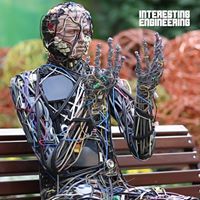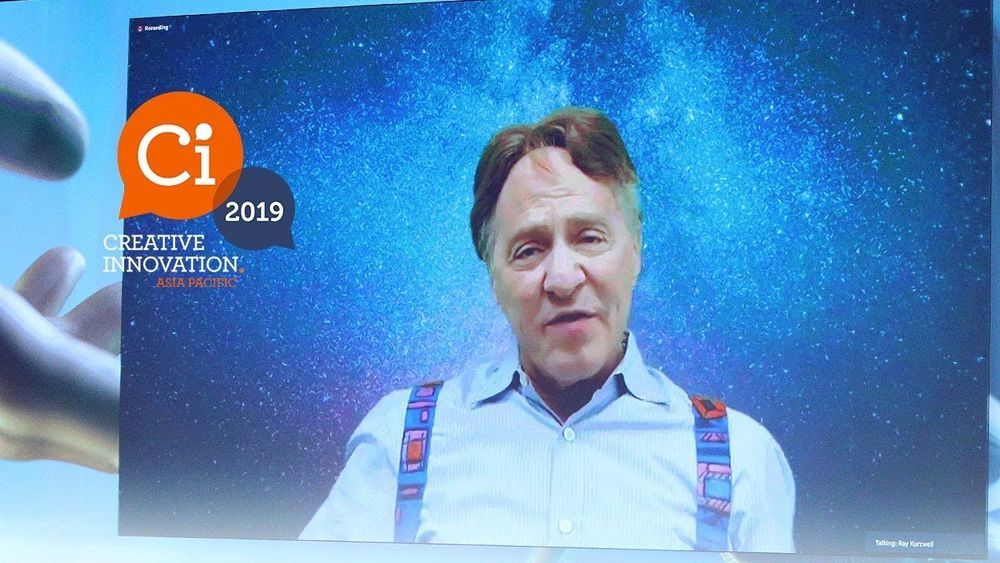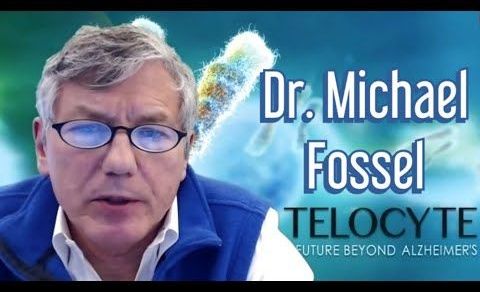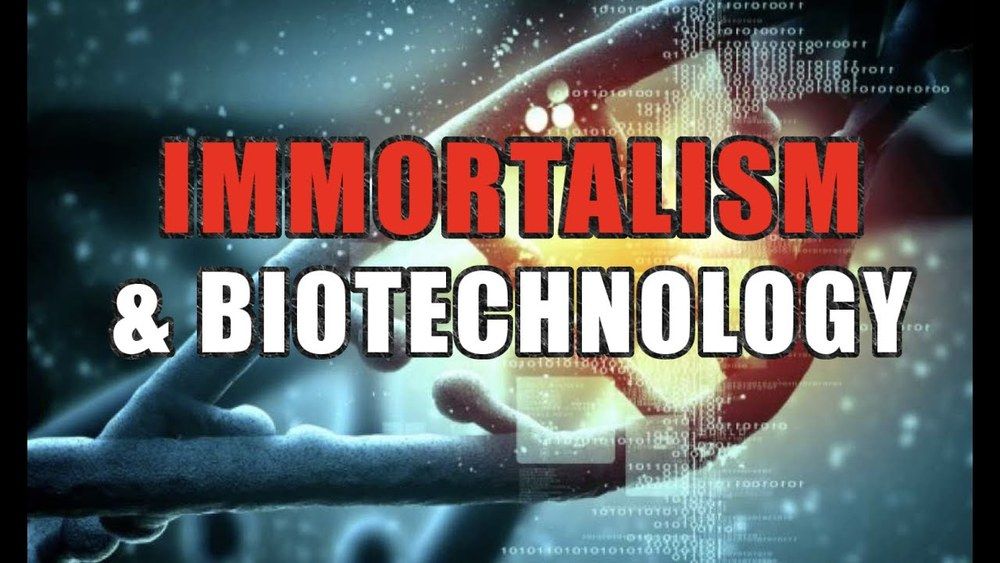Dec 25, 2019
7 Classic Books To Deepen Your Understanding of Artificial Intelligence
Posted by Müslüm Yildiz in categories: business, ethics, robotics/AI
The field of artificial intelligence has never been the subject of more attention and analysis than it is today. Almost every week, it seems, a new bestselling book comes out examining the technology, business or ethics of AI.
Yet few of the topics and debates at the center of today’s AI discourse are new. While not always recognized by commentators, artificial intelligence as a serious academic discipline dates back to the 1950s. For well over half a century, many of the world’s leading minds have devoted themselves to the pursuit of machine intelligence and have grappled with what it would mean to succeed in that pursuit.
Much of the public discourse around AI in 2019 has been anticipated—and influenced—by AI thought leaders going back decades.


















